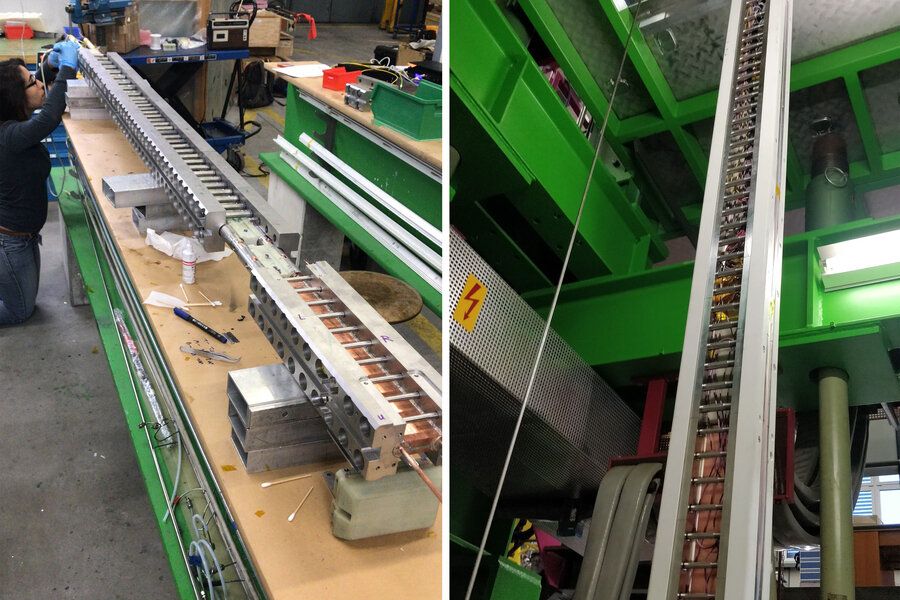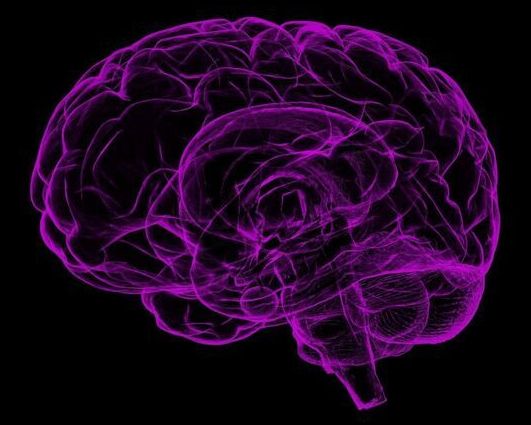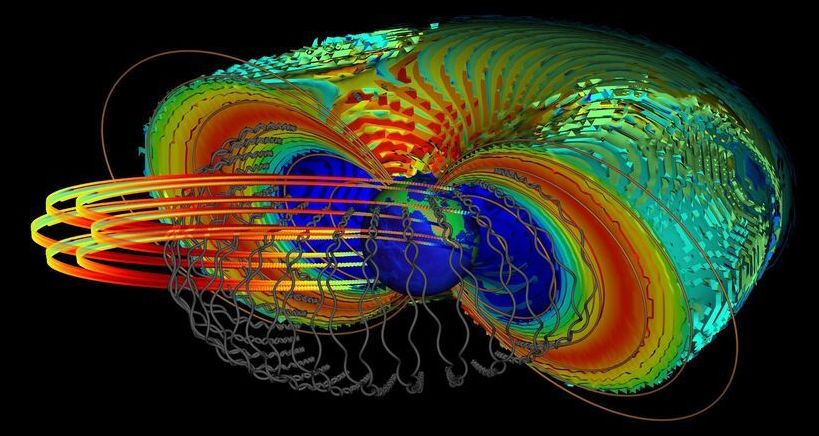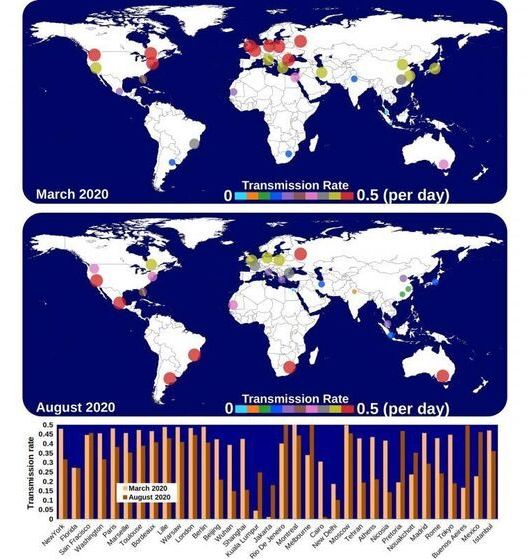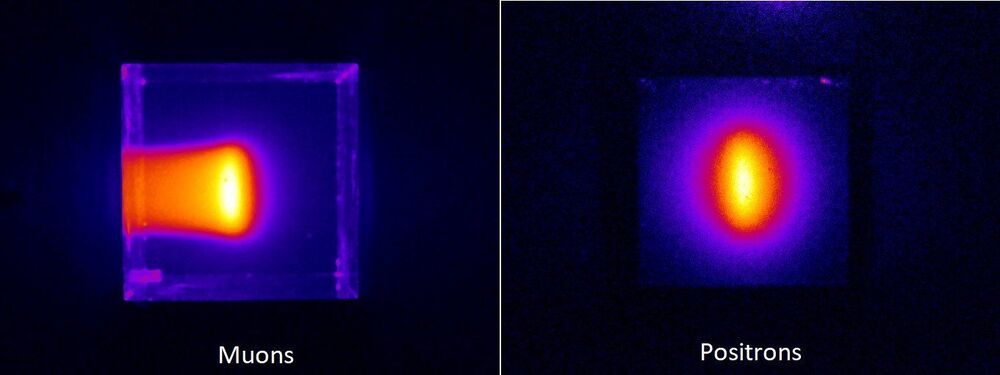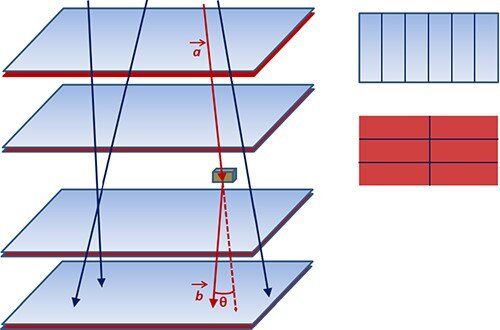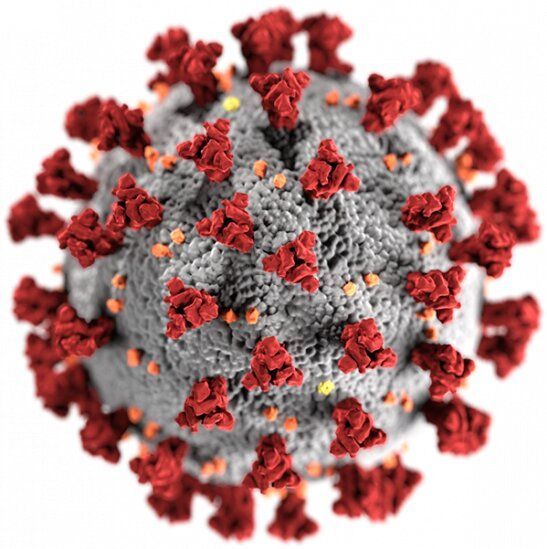The pursuit of fusion as a safe, carbon-free, always-on energy source has intensified in recent years, with a number of organizations pursuing aggressive timelines for technology demonstrations and power plant designs. New-generation superconducting magnets are a critical enabler for many of these programs, which creates growing need for sensors, controls, and other infrastructure that will allow the magnets to operate reliably in the harsh conditions of a commercial fusion power plant.
